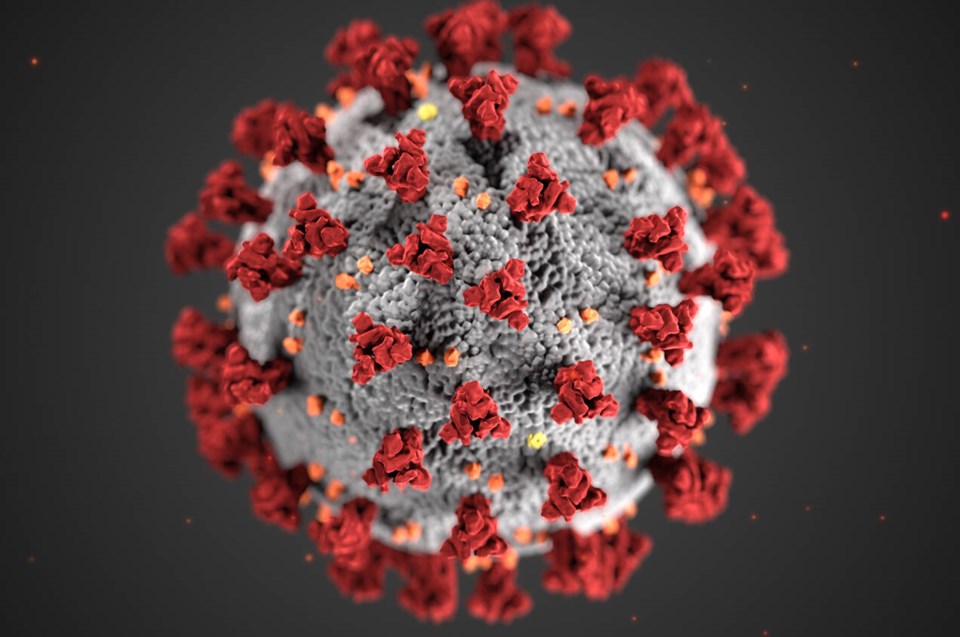COVID-19 is trending the wrong way in York Region and beyond, and public health is urging residents to get a bivalent booster to reduce the peak of the oncoming wave.
Indicators including wastewater, testing and hospitalizations are all showing COVID-19 on the rise again, medical officer of health Dr. Barry Pakes said. The region has had 93 COVID-19 hospitalizations as of Oct. 18, the highest total since May 12.
Although there are many reasons for it, and COVID-19 is not the main reason, Pakes said we are heading toward a crisis.
“There are a variety of things tipping us over the edge into a health-care crisis right now,” he said, noting other respiratory illnesses are also contributing. “It is heading in the wrong direction.”
Ontario chief medical officer of health Kieran Moore floated the possibility of mask mandates this month, depending on how the COVID-19 wave plays out. This comes as emergency rooms are reporting massive strain and long wait times.
Masking has largely left public life in York Region. Vaccination uptake has also faltered compared to the first two doses of the COVID-19 vaccine that became mandated; the region had an 82.5 per cent update for two doses, compared to 52.5 per cent for three doses and 15.3 per cent for four.
Still, Pakes said that is dependent on the urgency of public health messaging. He said he does not see mandates as likely, but it is hard to know what might happen around the world.
“Globally, including in Ontario, a mandate would not be well received, even if it’s necessary or well advised,” Pakes said. “It isn’t something, I think, unless things dramatically change, people are going to accept generally.
“I foresee some (public health) recommendations,” Pakes added. “People in Ontario, around York Region, are reasonable … If things do get substantially worse, everybody’s going to chip in and wear a mask, probably voluntarily when it’s necessary.”
But Pakes identified it as an issue that the wave is starting with COVID-19 at a moderately high level in the region, without a large decrease after the last couple of waves. Local COVID-19 hospitalizations have not dipped below 30 since March 19, generally hovering over 60. In comparison, hospitalizations were below 20 for much of October and November 2021 before a massive spike in December and January.
Although lifting the measures was reasonable, Pakes said, he added it may have helped to have held off on ending mask mandates for another couple of weeks or a month.
“It’s not a game-changer, certainly, but it would have allowed us a little bit of extra breathing room in order to deal with this wave that’s coming,” Pakes said.
Public health is urging residents to get bivalent boosters, now available at York Region clinics, with eligibility opening up to ages 12 and older. Both Pfizer and Moderna bivalents are available, with Pfizer being the only one approved for teens.
The minimum period between doses is three months since your last dose or COVID-19 infection. Pakes said it is best to get the bivalent booster, or your initial vaccine series, as soon as possible given the expected increase in COVID-19 infection to come at the end of fall and into winter.
“We have a really unique opportunity, I think, with the access people have to the bivalent vaccine and where we are in terms of coverage overall,” he said. “We have the opportunity to weather this current storm potentially, and hopefully, better than others. That’s what we would like to be known for.”
You can book an appointment through the York Region website up to two weeks in advance.
-With files from the Canadian Press



